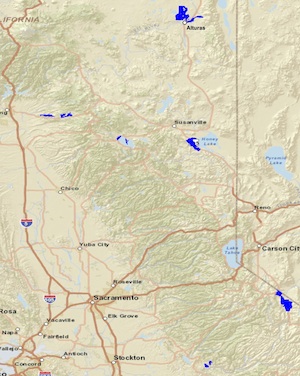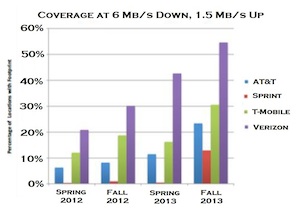Beltway bandit style Internet regulation might be off the table
FCC chairman Tom Wheeler is reported to be backing away from his no-lobbyist-left-behind method of imposing and enforcing network neutrality rules. The new plan, according to the Wall Street Journal, is to split the Internet service business into two parts: the consumer-facing retail access business, which would remain as it is – largely unregulated – and the back-side business of interconnecting content companies and other ISPs to those retail customers.
The back-side would be regulated as a common carrier business, presumably subject to some kind of network neutrality rules, although that’s not a given.… More


![By John Harwood (Flickr: Cholmondeley Horse Trials 2011 (185).JPG) [CC-BY-2.0 (https://creativecommons.org/licenses/by/2.0)], via Wikimedia Commons](https://www.tellusventure.com/blog/images/2014/11/refusal.jpg)


![By MobiusDaXter (Own work) [CC-BY-SA-3.0 (https://creativecommons.org/licenses/by-sa/3.0)], via Wikimedia Commons](https://www.tellusventure.com/blog/images/2014/10/fedex.jpg)

![By Jaredcreech at en.wikipedia (Transferred from en.wikipedia) [Public domain], from Wikimedia Commons](https://www.tellusventure.com/blog/images/2014/10/old_dog.jpg)
![By Kander (Own work) [Public domain], via Wikimedia Commons](https://www.tellusventure.com/blog/images/2014/10/carrot.jpg)

![By BP22Heber (Own work) [CC-BY-SA-3.0 (https://creativecommons.org/licenses/by-sa/3.0)], via Wikimedia Commons](https://www.tellusventure.com/blog/images/2014/10/top_secret.jpg)